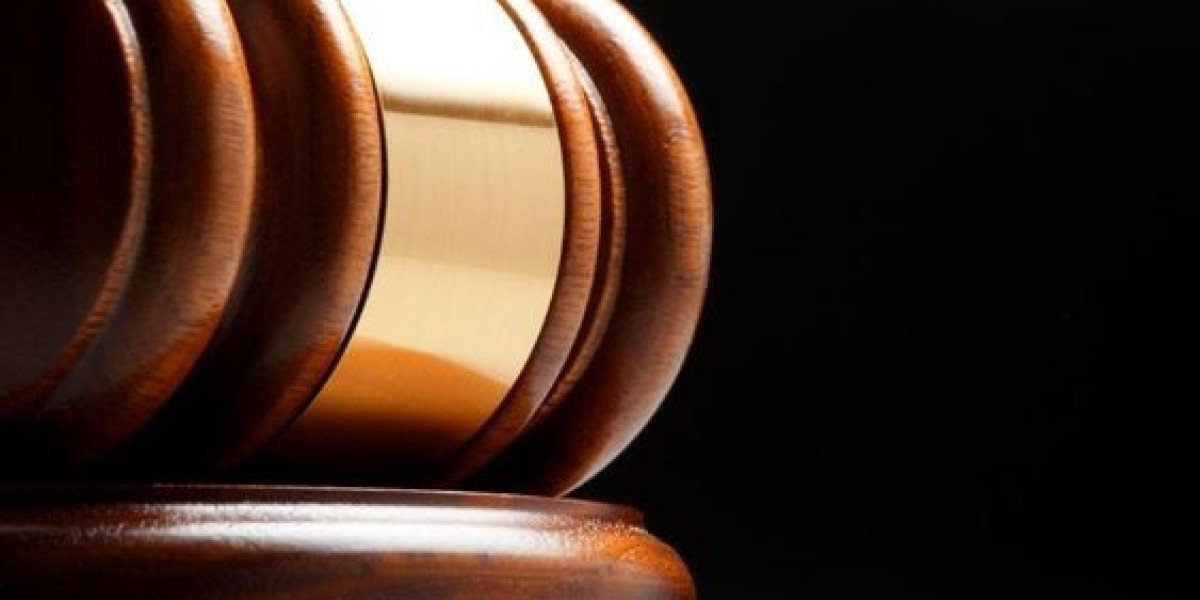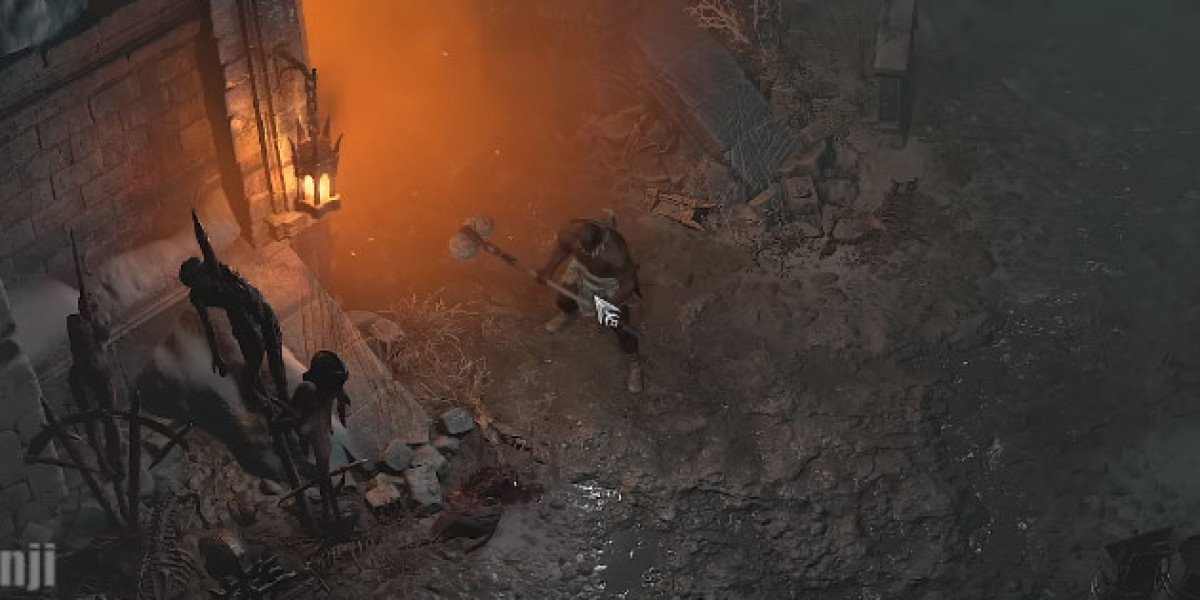Protective orders are legal tools that shield victims of abuse, including harassment, stalking, and domestic violence.
In the state of Virginia, these orders are crucial tools in ensuring the safety and well-being of those who feel threatened or endangered by others. This article provides an overview of violation of a protective order virginia, including their types, purpose, and the process involved in obtaining them.
Types of Protective Orders:
Virginia recognizes several types of protective orders, each tailored to address specific circumstances and levels of threat:
Emergency Protective Orders (EPOs): These are temporary orders issued by magistrates or judges outside of regular court hours, typically in cases of imminent danger. EPOs are short-term measures designed to provide immediate protection until a more permanent order can be obtained.
Preliminary Protective Orders (PPOs): PPOs are issued by a judge after a hearing where the petitioner presents evidence of abuse or threat. These orders typically last for up to 15 days and provide interim protection while awaiting a final hearing for a permanent protective order.
Permanent Protective Orders: Also known as final protective orders, these are issued after a full hearing where both parties have the opportunity to present evidence and arguments. Permanent protective orders can last for up to two years, with the possibility of extension under certain circumstances.
Purpose of Protective Orders:
The primary purpose of protective orders in Virginia is to prevent further harm or harassment and provide a sense of security to victims of abuse. Protective orders may include provisions such as:
- Prohibiting contact with the petitioner or other specified individuals.
- Restraining the respondent from visiting certain locations, such as the petitioner's residence or workplace.
- Awarding temporary custody of children and establishing visitation rights.
- requiring the surrender of weapons, including firearms.
- Protective orders are designed to empower victims and hold offenders responsible for their conduct by setting clear limits and enforcing punishments for crossing them.
Process of Obtaining Protective Orders:
The process of obtaining a protective order in Virginia typically involves the following steps:
Filing a Petition: The petitioner (the individual seeking protection) files a petition for a protective order with the appropriate court, providing details of the alleged abuse or harassment.
Issuance of Temporary Order: In cases of immediate danger, the petitioner may request an Emergency Protective Order (EPO) from a magistrate or judge outside of regular court hours.
Serving the Respondent: Once the petition is filed, the court arranges for the respondent (the alleged perpetrator) to be served with notice of the protective order and the date of the hearing.
Hearing: A hearing is held where both parties have the opportunity to present evidence, testimony, and arguments. Based on the evidence presented, the judge may issue a Preliminary Protective Order (PPO) pending a final hearing for a permanent order.
Final Order: If the judge finds sufficient evidence of abuse or threat, a Permanent Protective Order is issued, outlining the terms and duration of protection.
In conclusion, protective orders play a crucial role in safeguarding individuals from domestic violence and abuse in Virginia. Can Law Enforcement Officer File Protective Order Virginia, By providing legal recourse and establishing clear boundaries, these orders offer victims a pathway to safety and empowerment in times of distress. However, it's essential to recognize that protective orders are just one part of a comprehensive approach to addressing domestic violence and promoting a culture of respect and nonviolence in our communities.









